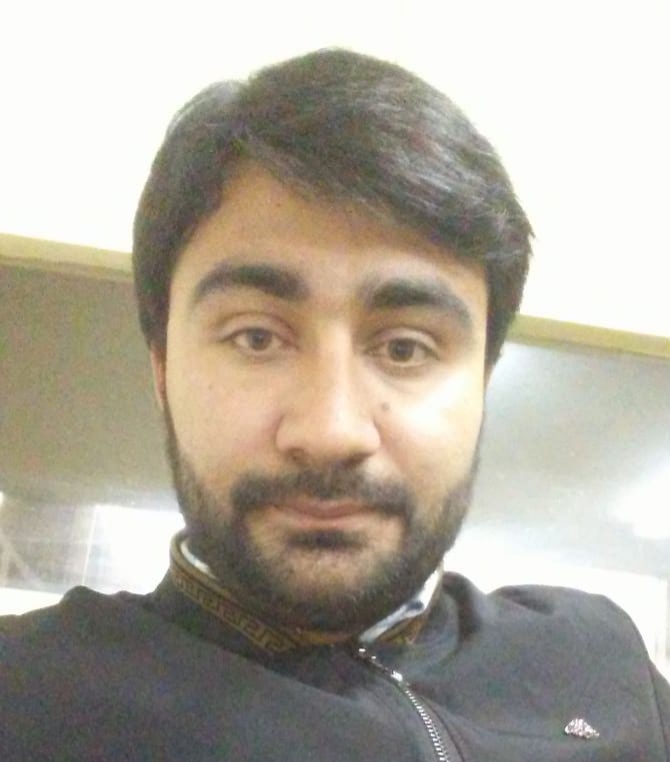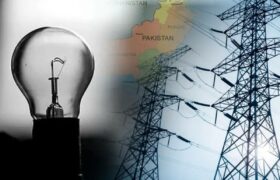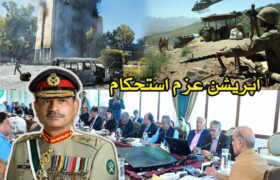The Pashtun Tahafuz Movement (PTM)), a non-political movement and self-proclaimed sole representative of the Pashtuns rights is likely to face internal rifts and divisions in coming days as some of its top leadership has developed difference on whether to join Parliamentary politics or remain non-political.
Such rifts among PTM leadership had risen even before but, due to interference of the top leadership, the issues were resolved. However, according to many political experts and sources privy to PTM leadership, the differences have widened more and PTM is likely to face divisions over the same issue in coming days.
It is pertinent to mention that in Pashtun sit-in in Islamabad, Manzoor Pashteen had proclaimed that the PTM would remain a non-parliamentary body to avoid controversies among Pashtuns on political grounds. Moreover, sources within PTM have also informed us that PTM’s international supporters are against Parliamentary politics. They perceive that neutral position could help the movement achieve its long and short-term interests.
On the other hand, in 2018 general election, two of its top leaders were elected as parliamentarians, violating the same founding principle of the movement. The subsequent development within PTM has led to differences among activists regarding political goals of the movement. Pashteen on many occasions have strongly criticized the two leaders but is still unable to influence PTM activists on this very critical issue.
Another debate among the PTM leadership was sparked when the government after KP-FATA merger announced elections in the tribal districts. The group within PTM including Ali Wazir and Mohsin Dawar tried to convince PTM leadership over the importance and strength of parliamentary politics, calling it the only possible place where Pashtun problems can be resolved.
While commenting on the matter Rahim Nasar a writer and political expert said that although parliament is the right place for resolving all sorts of political issues, the participation of PTM activists in any election will divide PTM; adding that contesting an election in a personal capacity or as an independent candidate by any member will surely help to draw votes of sympathy from those who supports PTM. He maintained that besides wrangling among activists, the decision will threaten the political interests of activists’ parent parties. To be relevant, activists will prefer to vote against PTM candidates which can led to the ultimate failure of the entire movement.
Rahim Nasar believes that as per Manzoor statement and his commitments, PTM will never join Parliamentary politics as it will push back PKMAP and ANP activists and they will never vote PTM candidates. Majority of PTM leadership and activists also oppose Parliamentary politics as there are already Pashtun nationalist Parliamentary parties in mainstream Pakistani politics. PTM’s decision to participate in Parliamentary politics is likely to result in internal division.
Meanwhile, another journalist who has been writing on KP and tribal districts affairs, Abdul Rauf Yousafzai said that indeed PTM will convert into a solid parliament political party in coming days; adding that joining parliamentary politics may shelve romanticism shrouding the movement right now. PTM individuals who were in politics before PTM emerging on horizon are mainly the driving force behind joining mainstream politics. He further said that PTM as a political party will be a great threat to nationalist parties.
The development indicates the evolution process within the party and also shows that everything is not as rosy as depicted by its leadership. PTM is extensively criticized by a large population due to its closeness with Afghanistan government and ethnically exploiting common governance issues. The question of movement or political party is significant but, if PTM has to survive and retain its support, it needs to base its politics on objectivity. The method of instigation, agitation and politics based on ethnicity has harmed PTM pushing away its supporters.





